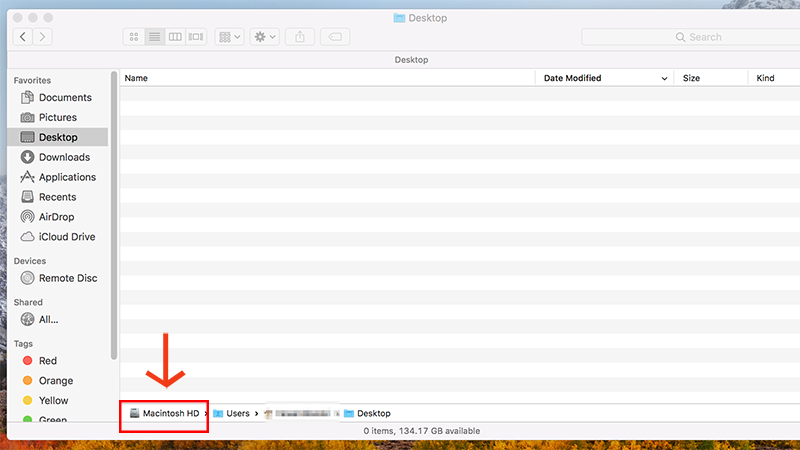

If possible, use a drive that is separate from where your footages are to take advantage of the throughput of the drives. Some tips on cache drives: Make sure you use a fast drive such as an SSD with a lot of storage space. You can also manually clean your cache by going to the folder and simply deleting the files. As I said before, sometimes these caches get really large without us realizing it. That way, After Effects will be able to call and re-use that information if it needs to a lot faster. Free up to 60GB of storage! PC and Mac! How To Delete Premiere and After Effects Cache DataĮssentially, when you process and render frames such as with a RAM previewAfter Effects will try to save those frames and information onto your disk.

Since After Effects does caching in the background, I find that a lot of users sometimes forget that things are piling up behind the scenes. When I think of the word cache, as some of you 3D guys may know, I think of a ton of large files set aside somewhere. Although most of the magic is done behind the scenes, it still plays a critical role in the After Effects workflow, saving a ton of previewing and rendering times.


 0 kommentar(er)
0 kommentar(er)
